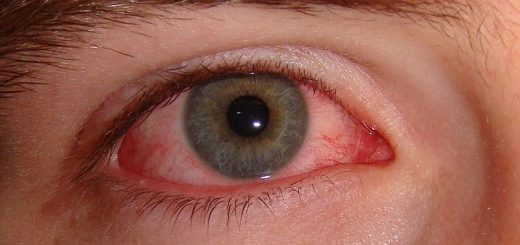6 Daily Habits We Need To Change Quickly
The Work-Life Balance
Over time we all get into everyday behavior patterns or habits. But once they are formed how do we change them and first all which ones?
In this article we will look at key areas of a person’s life that need to be changed quickly to make a difference in our lives:

Habits We Need To Change
#1. Sleep Patterns
These patterns are key to immediate health, long-term health and longevity of all of us. In this often frantic, rush around modern world we live in we often forget we need down time and specifically sleep. For most people this means 7-9 hours a night of unbroken sleep.
However very few people in the Western world are getting enough quality sleep. Not only that, many people do not have a regular sleep pattern instead fitting it in when they can.
This in turn upsets their circadian rhythms which in turn adversely directly affects their physical and mental wellbeing.
So the first good habit is to establish a routine for going to bed at a regular time and rising at a regular time. This programs your body clock so that it expects sleep and wants sleep at a certain time.
#2. Healthy Eating
Establish healthy eating of fresh fruit and vegetables. Start making your own healthy slow juices at home. Use a mix of vegetables and fruit and drink the slow pressed juices immediately after preparation.
There are loads of juice recipes for specific health benefits and disease preventing concoctions on the Internet. It goes without saying that a key way to eating more healthily is to cut down on processed foods. This includes all white sugar and bread and salt intake.
reduce the size of meals. Many people have too large meal portions. It is much healthier to have several smaller portions of food several times a day. In other words to switch to a grazing style diet.
#3. Be Social
This can be simply the case of striking a realistic, healthy balance of socializing. Quite simply you can have too much socializing especially during the working week or over the weekend. Cramming too much fun time into the weekend can leave you drained for the week ahead.
Secondly too little social life can lead to isolation and potential anxiety and depression. This is due to not having enough interaction and social bonds with other people.
This is a really crucial aspect of daily living given how many workers globally live transient lives, living alone far away from families and social networks.
#4. Drinking Water
The first aspect of drinking is to try to drink as much water as possible. The reason for this is simple. Water is the fountain of well-being and life itself. It is needed for optimal brain function and for body cell regeneration.
For optimum water consumption it is best to drink 6-8 glasses of water a day. Some health scientists say that this covers liquids in general. Thus the water can be in the form of tea, cordial or other liquids.
Either way some of the actual liquid should be pure tap water. It is worth noting that mineral waters contain raised Sodium levels which can increase blood pressure.
#5. Exercise
Once again you can get too much exercise and not enough rest or you cannot exercise enough. Health scientists differ widely on what makes up optimal exercise.
It appears though that the best habit is to have some form of exercise every day if possible. That might simply be a walk to the shops, around the block, jogging through the park or doing laps in the local swimming pool.
It is worth considering that when doing exercise in high car traffic areas this is not healthy due to car pollution being breathed in and noise pollution.
Somewhere like a park or a beach away from some of the hustle and bustle of city life is far more preferable. Places like this enable you to exercise and breathe in healthy unpolluted air and practice mindfulness.
#6. Work
We all know the satisfaction a challenging job or career can bring us. The right amount of stress associated with our jobs is actually good for our health and well-being. However tip the balance, start doing extra-long days for long periods of time and work can start to chip into other areas of your life.
The key is to set boundaries for you and respectfully with your boss and company. After all, you are no good if you get sick or seriously ill from a work-stress caused disease. More companies in the developed world are waking up to the huge cost of overworking their staff.
Taking all into account, it becomes quite clear establishing healthy habits is about simplicity, about moderation and boundaries for work, for play and for “me” time. You need all of these in your life in definite amounts.
Often though it is not about measuring out the time allocated to the each of the above, it is more about intuitively gauging when one area is suffering and is not getting enough attention.
Whatever habits you introduce or get rid of try to maintain an overall sense of fun. See your life changes as projects not chores, as positive changes that will benefit every aspect of your life!








